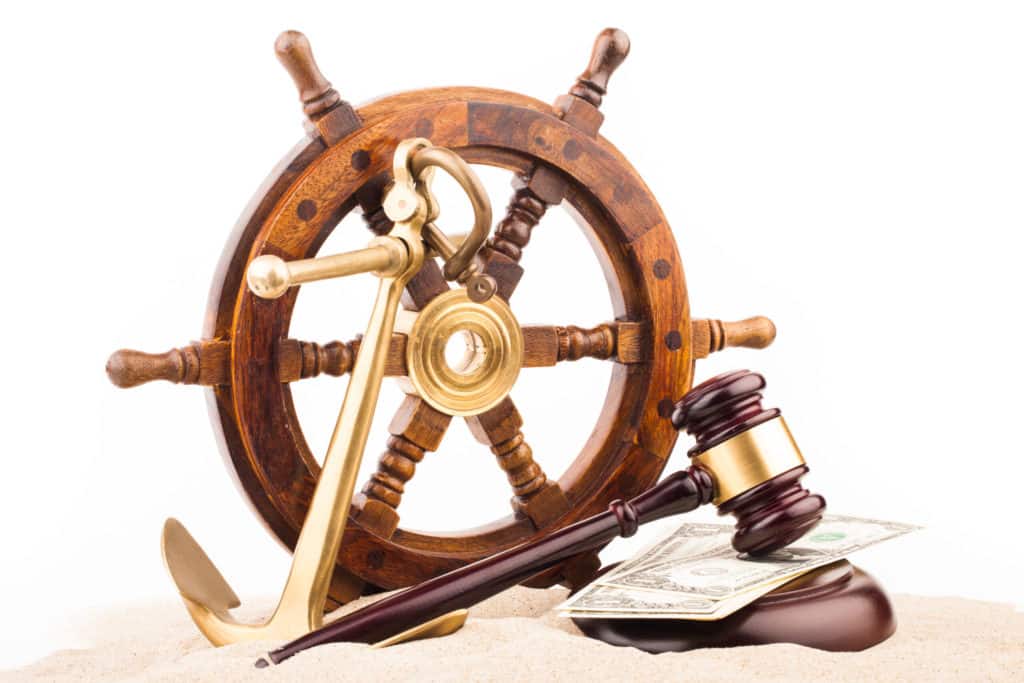When it comes to maritime accidents, understanding your legal rights is crucial. This Maritime Accident Legal Guide aims to provide you with essential information to navigate the complexities of maritime laws like the Jones Act, Admiralty Law, and more.
HOW DOES THE JONES ACT AFFECT MARITIME ACCIDENT CLAIMS?
The Jones Act is a federal law that provides seamen with the right to sue their employers for personal injuries sustained while working on a vessel. This law is unique to maritime occupations and offers protections not available in other industries.
WHAT IS THE LONGSHORE AND HARBOR WORKERS’ COMPENSATION ACT?
This Act provides compensation for non-seamen maritime workers who are injured on the job. Unlike the Jones Act, it operates more like traditional workers’ compensation, offering medical benefits and wage replacement without the need to prove employer negligence.
WHAT IS ADMIRALTY LAW?
Admiralty Law, also known as maritime law, is a specialized field of law that governs maritime activities. It covers a broad range of issues, including shipping, cargo, and maritime worker injuries.
WHAT IS A MARITIME ACCIDENT?
A maritime accident refers to any accident that occurs on navigable waters, involving vessels like boats, ships, and offshore oil rigs. These accidents can result in severe injuries or fatalities.
WHAT ARE THE COMMON CAUSES OF MARITIME ACCIDENTS?
Common causes include equipment failure, human error, and adverse weather conditions. Understanding the cause is crucial for legal proceedings.
HOW ARE MARITIME ACCIDENT INVESTIGATIONS CONDUCTED?
Investigations are typically conducted by regulatory bodies and may involve multiple parties, including the vessel owner, insurance companies, and legal representatives.
For more information on maritime accidents and your legal options, visit our official maritime accidents page.


